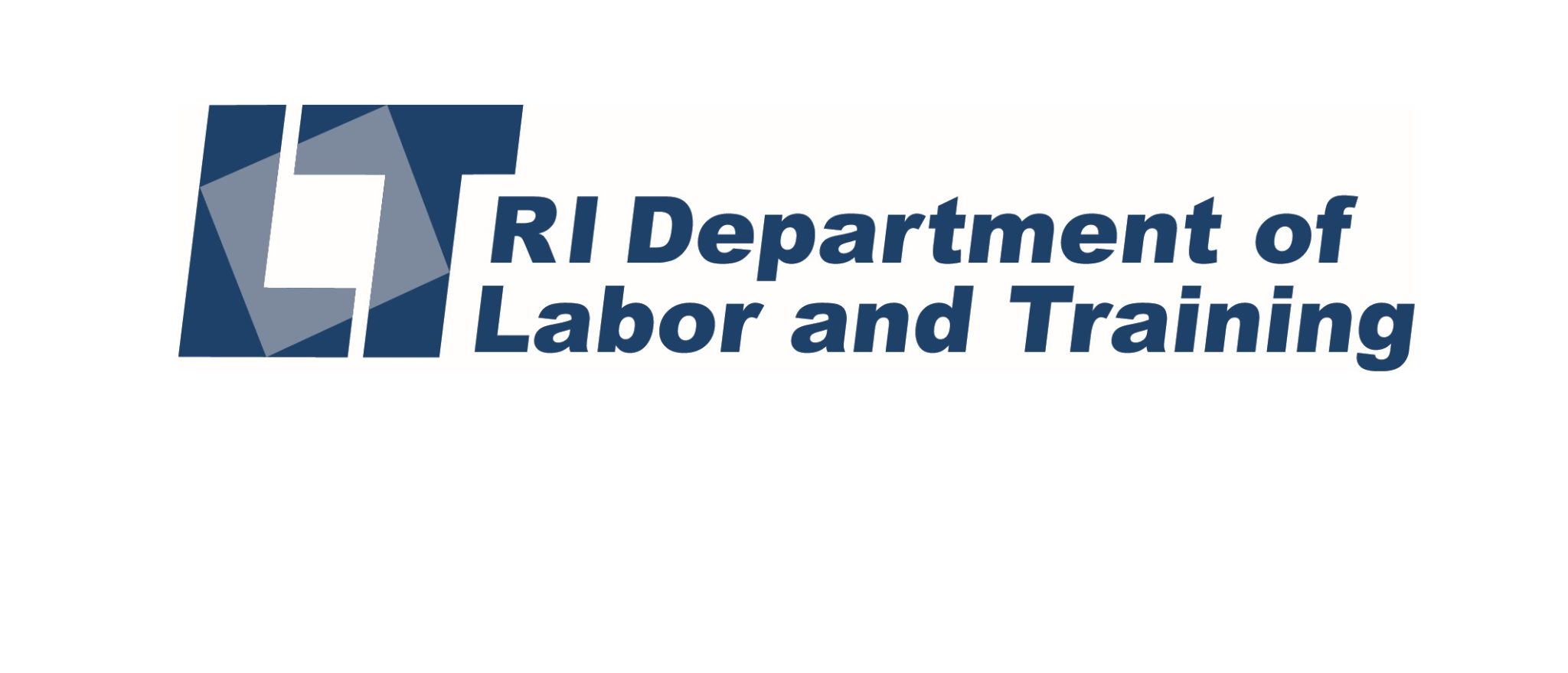
PROVIDENCE – Rhode Island will receive $2.7 million in federal funding from the U.S. Department of Labor to help the R.I. Department of Labor and Training better use data to enhance coordination between state-level workforce and education programs, according to a Thursday press release from all four members of the R.I. congressional delegation, U.S. Sens. Jack F. Reed and Sheldon T. Whitehouse and U.S. Reps. David Cicilline and James R. Langevin.
Rhode Island is one of two states receiving the $2.7 million “super grant” awarded to eligible State Workforce Agencies. The other state receiving a super grant is Mississippi. Super grants will be used to integrate a state’s case management, performance reporting and/or fiscal reporting systems with its state databases.
Other states eligible for the grants qualified for grants worth approximately $1 million.
The Rhode Island grant is part of the sixth round of the DOL Workforce Data Quality Initiative, which seeks to fund the development and enhancement of state workforce longitudinal administrative databases.
So far, the DOL has only allocated six such grants totaling $11.4 million.
“Too often we hear frustrations about matching job seekers with employers. This federal money aims to fix that and streamline communications and coordination between the state’s workforce and education programs. That’s good news,” Reed said in the release. “I will continue working to support the state’s workforce-development mission and ensure they have the latest technology and fullest extent of available data tools.”
The WDQI requires that grantees are expected to achieve the following goals:
- Developing or improving state workforce longitudinal administrative databases
- Connecting workforce data with education data
- Improving the quality and breadth of the data in workforce longitudinal administrative databases
- Using longitudinal data to provide useful information about program operations
- Evaluating the performance of education and employment training programs
- Providing user-friendly information to consumers to help them select the education and training programs that best suit their needs
- Integrating performance, fiscal and/or case management systems with the longitudinal administrative database
Chris Bergenheim is the PBN web editor.










